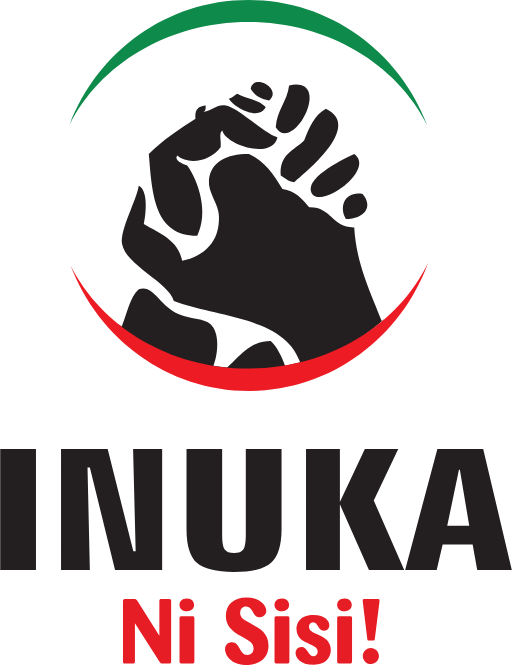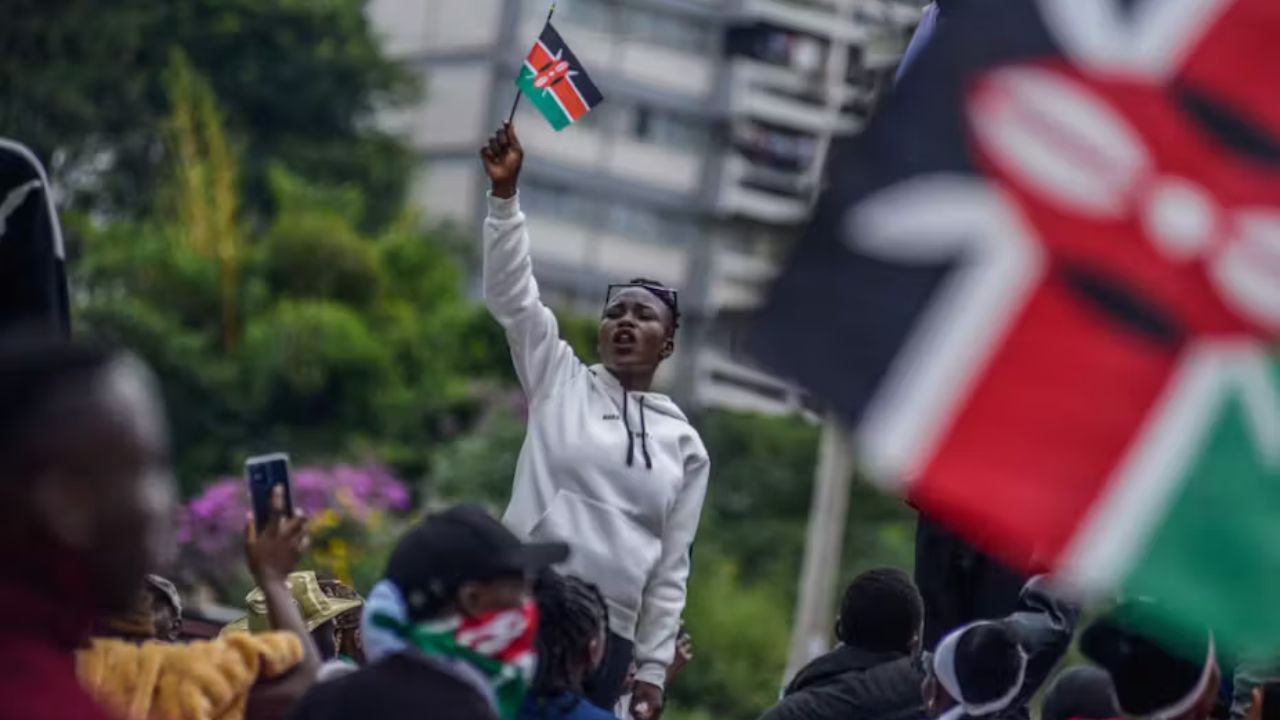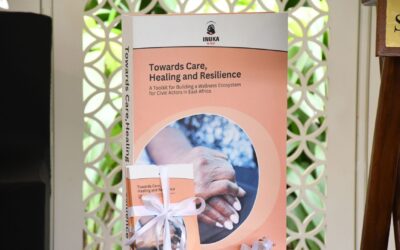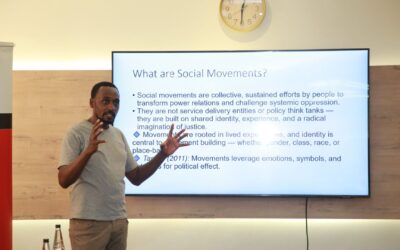Where did our humanity go?
That’s the question still hanging heavy in the air, one year since Kenya lost her young mashujaa-the Gen Z heroes who dared to dream out loud. They marched not with weapons, but with placards, water and phones. They carried flags, not stones. They sang for justice, not war. And yet, the State met them with rage.
June 2024 is etched in our history-not just as a protest, but as a heartbreak. As we mark one year since that turning point, we remember not just the fallen, but the fire they lit in all of us.
But this wasn’t the first time our nation tasted blood.
From the dark reign of President Moi, where whispers could get you jailed, to the early promises of reform under Kibaki, and into the digital resistance under Uhuru, one truth has remained: police brutality is deeply rooted in Kenya’s political soil. It did not start yesterday. It’s a shadow that has followed us for generations.
Back then, it was campus raids and Nyayo House torture cells. Today, it’s bullets to the chest and unmarked cars disappearing youth. What changed? Very little, except now, the victims are livestreaming their arrests. The nation is watching in real time.
And yet, we passed a Constitution in 2010. A people’s document. A promise of freedom. Of dignity. Of justice. We were proud. We thought we had arrived.
But in the alleyways of Dandora, the corners of Kayole, the fields of Isiolo, the coast of Mombasa, the estates of Kisumu, the hills of Meru, the towns of Kakamega, and the streets of Nairobi-young people are still dying at the hands of those meant to protect them. From Turkana to Kilifi, Embu to Eldoret, the same cries rise.
Where is our humanity?
We see police not as allies, but as threats. We fear the uniform. And it’s not just about the youth in the so-called “hotspots.” It’s nationwide. From highrise flats to remote villages, no one is safe from the State’s iron hand when it feels threatened by its own citizens.
And when Gen Z stood up,creatively, courageously, unapologetically, they reminded us what democracy should look like. They rejected tribal puppetry. They organized without politicians. They educated each other on the Constitution more effectively than civic education ever did. And they did it with humour, music, memes, and skits
But the cost was high.
We lost young lives. Bright minds. Unarmed warriors. Some were shot. Others were abducted. Many were tortured. And yet, they never picked up violence-they held onto dignity. That is utu. That is strength.
Police officers, too, are victims of a broken system,trained to obey, not to think. Many are poor, frustrated, and scared. But being a victim of the system does not justify becoming an agent of oppression. When the police protect power instead of people, the law becomes lawless.
So, as we remember the one-year mark since the Gen Z revolution took center stage, we ask: how many more must die before we fix the system?
This is not just a moment. It’s a movement.
It’s not just about Gen Z. It’s about Kenya.
If we continue to normalize brutality, we normalize silence. If we continue to bury the truth, we bury our future.
The Constitution wasn’t meant to gather dust. It was meant to be lived. To protect. To heal. To serve. We owe it to those we’ve lost to make it real.
Let this anniversary not just be about remembrance, but about recommitment. To justice. To truth. To utu.
Because when one Gen Z fell, a hundred more rose. And they are not backing down.




